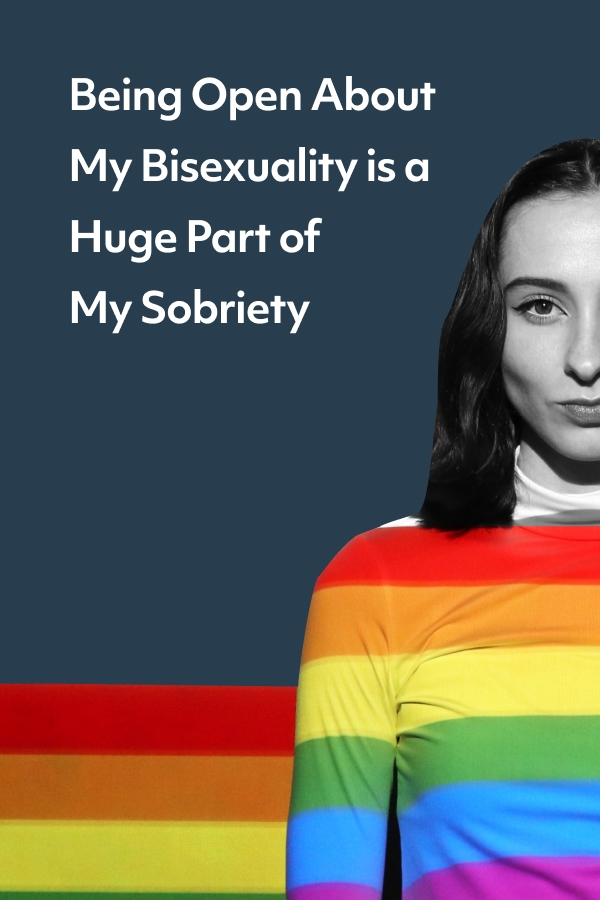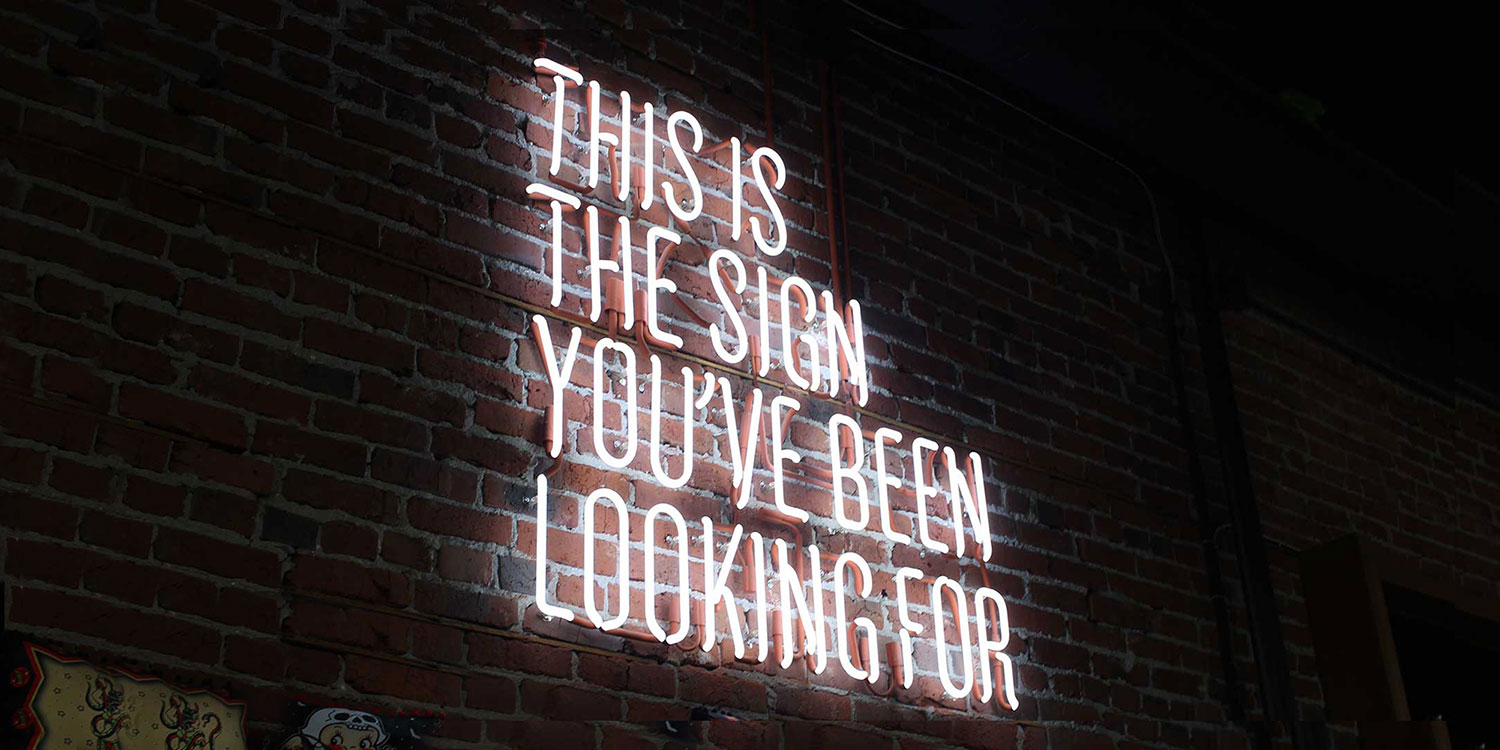When I got sober, a lot of things changed in my life. I stopped spending time with some of the friends who weren’t being supportive because our entire relationship revolved around “going out.” I moved out of New York City—a place I had called home for the past 12 years—and went back to Florida, where I’m from, to figure out what was next.
And most of all, I started to embrace my bisexuality in a way that I hadn’t before.
For many of us, quitting alcohol leads to re-evaluating the other elements of our lives and questioning whether they are serving us or not. There were a lot of things I questioned in my first few years of sobriety, but my queer identity was never in question. What was in question was how I could stay sober and celebrate my sexuality without falling victim to the rainbow-washing popularized by alcohol brands like Smirnoff. That was a struggle.
My early days of bisexual pride
I know a handful of people who didn’t come out as a member of the LGBTQIA+ community until after they stopped numbing themselves with substances. In fact, many of these friends didn’t even realize that they were queer in some way until being sober opened their eyes. However, my story began at age 16.
I was lucky to have supportive friends in high school, so I was able to come out sooner than many of my peers. Although my Latinx parents didn’t understand my sexuality, I had a good sense of self at the time and didn’t tie my bisexuality to my drinking habits.
It wasn’t until I moved to New York City that I saw how much alcohol had become a part of the queer community. You couldn’t go to a Pride event without seeing advertisements for all of the companies that supposedly “supported” us. And when my queer friends wanted to go dancing late into the night, alcohol was always a part of our socializing.
At the time, I didn’t recognize that this culture of rainbow bottles of vodka and who-knows-what-else could lead to dangerous behavior for me, but those fun nights would occasionally lead to me kissing people I shouldn’t have been kissing, losing track of my belongings, and even blacking out. Even worse, I didn’t know that being queer put me at a higher risk of alcohol use disorder (AUD); 12.4% of LGBTQIA+ folks report having AUD versus 10.1% of the overall population.
What’s more, being a bisexual woman put me at an even higher risk of substance misuse than my heterosexual and homosexual peers. And because I am Latina, I was also at higher risk of mental health challenges going untreated. Only 33% of Latinx adults with a mental illness receive treatment, versus 43% of the U.S. population.
On the first day of rehab, I found out that I had an undiagnosed anxiety disorder. Without even realizing it, I had been self-medicating my anxiety for years while telling myself that I’d just been “having fun” with my queer friends.
Embracing being queer and sober
After rehab and almost a year of trying to make sobriety work in NYC, I had to leave. Many of my friends wholeheartedly supported my recovery from AUD, but it was very difficult for me to ignore my old haunts and the desire to numb out the way I used to. A few slips later, I moved back home to Florida.
Shortly afterward, I met my now-husband. He was unlike anyone I had ever dated before, male or female, and he embraced my sobriety and sexuality without question. But after realizing that we were going to “end up together,” I began to feel some of that well-known anxiety creeping back up. Although I was (and am!) happy in my relationship and wouldn’t trade it for anything, I suddenly became very aware of becoming an invisible minority.
This is a phenomenon that often happens to bisexual folks when we enter into relationships with opposite-sex partners. It’s difficult to feel “queer” when I am not sexually involved with anyone but my cis male heterosexual spouse. There’s nothing wrong with being bi and in a heterosexual marriage, but our culture tends to place people in black and white boxes—so being queer but in an opposite-sex marriage can often feel invalidating, as others in your life assume that they have now “figured you out” and that your bisexuality was “just a phase.”
These negative stereotypes about bisexuals in our society are at least partially responsible for why so many of us have trouble coming out, why we numb our invisible pain with alcohol, and why our mental health suffers in the process.
Well, I found the perfect way to overcome these stigmas: Be out and proud!
Living sober and bi out loud
I know that not everyone can be vocal about their sexuality—either due to safety concerns or internalized homophobia—but it’s something that has kept me on the path of lifelong sobriety. In fact, acknowledging to myself and others that I am still bi, even if my partner is of the opposite sex, has strengthened my sobriety tenfold.
When others ask me how this is possible or what the relationship is between sobriety and sexuality, I always point them to the transformative way in which sobriety changes us, inside and out.
It all goes back to that life re-evaluation that so many of us go through after we put down the cocktail and pick up a mocktail instead. Sobriety gives us the clear head and space to figure out what it is that we enjoy about our lives and what could be cut out. Hiding and secrecy, at least in my experience, serve no one. Hiding and secrecy are painful. Hiding and secrecy led to increased anxiety and depression when I was a teen, and that is not a pattern I want to repeat these days.
So, I shout my pride whenever I can (and is appropriate). And you know what? After being sober for seven years, I am very proud of myself. I wouldn’t have gotten here without my support system—which definitely includes my husband—and being supported for my bisexuality as well as my sobriety has been a crucial part of that.









